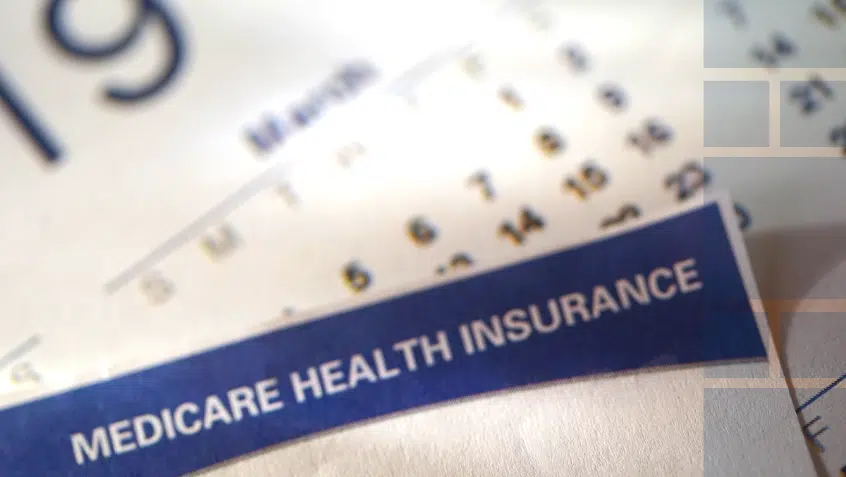Join Us Live for a Discussion on Medicare, Democracy, and the Future of Health Care
Medicare Rights Endorses Elijah E. Cummings Lower Drug Costs Now Act

On May 4, the U.S. House Committee on Energy and Commerce, Subcommittee on Health held a hearing on drug pricing legislation, including the recently reintroduced provisions of the Elijah E. Cummings Lower Drug Costs Now Act (H.R. 3). Medicare Rights submitted a statement for the hearing record in support of this important bill.
In our statement, we note that people with Medicare are uniquely impacted by prescription drug costs. Medicare Part D enrollees take an average of four to five prescriptions per month, and many live on fixed or limited incomesthat cannot keep pace with high and rising drug prices. Those who can’t afford their medications may be forced to go without, putting them at risk for poorer health and quality of life, as well as for higher out-of-pocket and program costs down the line.
Legislation is urgently needed to lower prescription drug prices, strengthen Medicare, and promote beneficiary well-being. H.R. 3 would significantly advance these goals, in part by authorizing Medicare to negotiate prices for certain drugs; imposing inflationary rebates; and restructuring Part D to cap beneficiary costs, reduce the federal government’s liability, and better align pricing incentives.
According to prior estimates, these and other changes would save Medicare nearly $500 billion over 10 years. Unlike the previously passed version of H.R. 3, the bill currently before the Committee does not reinvest these dollars into Medicare. We strongly urge lawmakers to again allow H.R. 3’s prescription drug savings to pay for much-needed coverage improvements and beneficiary protections, such as expanded access to Medicare’s low-income assistance programs; new Medigap enrollment rights; and the addition of a comprehensive dental, vision, and hearing benefit to Medicare Part B.
We also continue to support modernizing the Medicare Part D appeals process in any drug pricing bill. Though intended to help people access needed care, the system today is inefficient and ineffective. Improvement strategies include strengthening data collection and oversight; requiring independent redeterminations; raising the cost threshold for the specialty tier and allowing tiering exceptions; and updating plan communications with enrollees, including at the pharmacy counter.
To that end, we specifically support legislation introduced in the 116th Congress, the bipartisan Streamlining Part D Appeals Process Act (H.R. 3924). This commonsense bill would give people with Medicare more timely information about their plan’s coverage decision and eliminate unnecessary administrative steps, lessening burdens systemwide.
Show Comments
We welcome thoughtful, respectful discussion on our website. To maintain a safe and constructive environment, comments that include profanity or violent, threatening language will be hidden. We may ban commentors who repeatedly cross these guidelines.
Help Us Protect & Strengthen Medicare
Donate today and make a lasting impact
More than 67 million people rely on Medicare—but many still face barriers to the care they need. With your support, we provide free, unbiased help to people navigating Medicare and work across the country with federal and state advocates to protect Medicare’s future and address the needs of those it serves.
The Latest
Most Read
Add Medicare to Your Inbox
Sign up to receive Medicare news, policy developments, and other useful updates from the Medicare Rights.
View this profile on InstagramMedicare Rights Center (@medicarerights) • Instagram photos and videos









